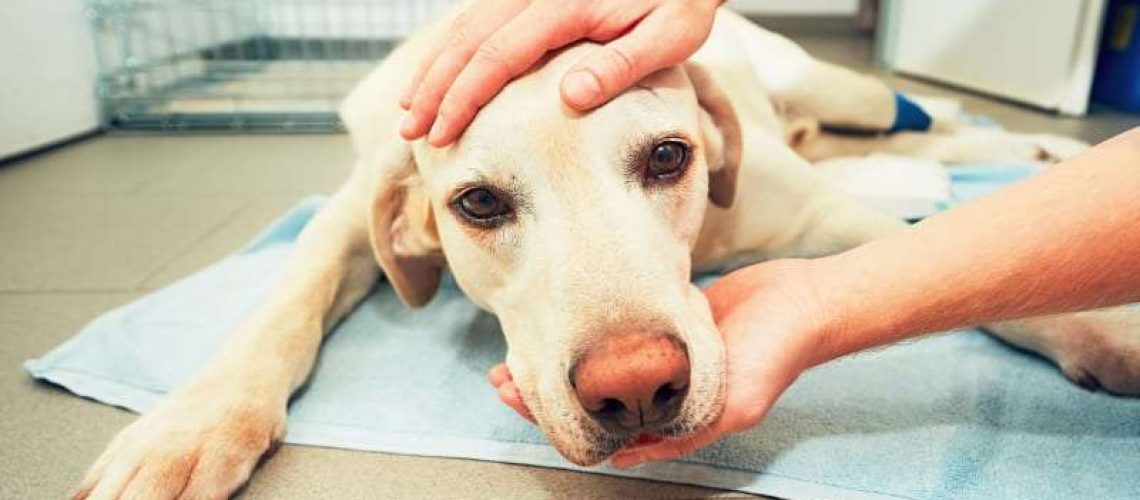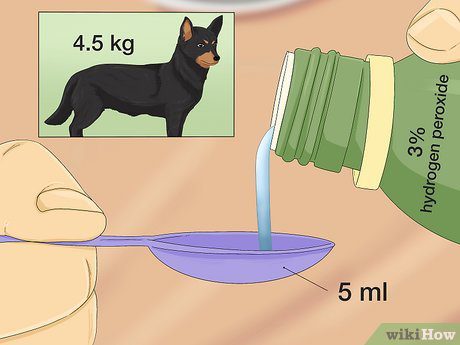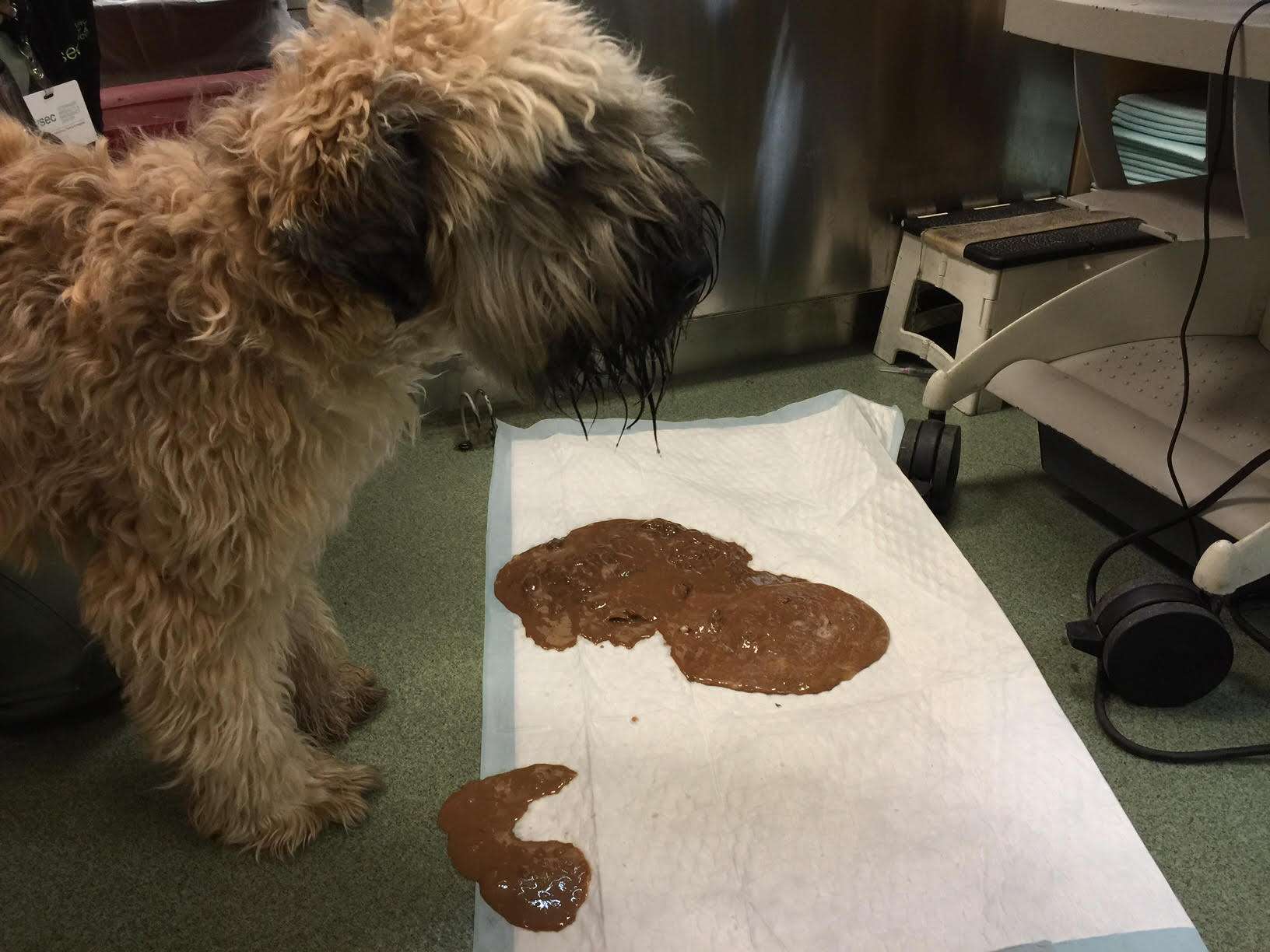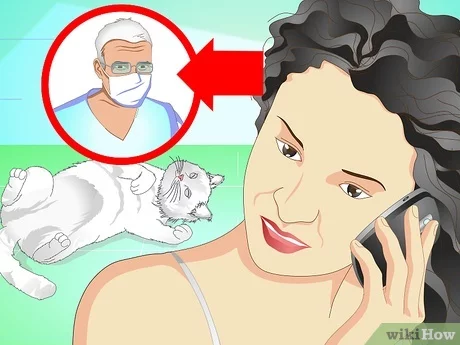Key Takeaways:
- Act quickly: Time is critical when dealing with a poisoned or toxin-exposed dog. Contact your veterinarian immediately for guidance.
- Identify the toxin: If possible, try to determine what substance your dog has been exposed to. This information will help the vet provide appropriate treatment.
- Do not induce vomiting without professional advice: While inducing vomiting can be helpful in some cases, it can also be dangerous depending on the toxin. Always consult a veterinarian before attempting this.
- Keep the packaging or label: If you know what your dog ingested, keep any remaining packaging or label handy as it may contain important information for the vet.
- Prevention is key: Be proactive in preventing accidental poisonings by keeping harmful substances securely stored out of your dog's reach and being cautious during walks to avoid exposure to toxins like pesticides or chemicals.
Introduction:
Imagine this scenario: you come home to find your beloved furry friend acting strangely. Their tail is drooping, their eyes are glassy, and they're barely able to stand. Panic sets in as you realize something is seriously wrong. Your dog has been poisoned or exposed to toxins, and you have no idea what to do.
In today's world, where dangers lurk around every corner, it's crucial for pet owners like yourself to be prepared for any emergency. Understanding how to handle a situation where your dog is poisoned or exposed to toxins can mean the difference between life and death for your four-legged companion.
But why should you delve into this subject? Why is it essential for every pet owner to have knowledge about poisoning and toxins? The answer lies in the alarming statistics that show just how common these incidents are. Did you know that over 100,000 cases of pet poisoning occur each year in the United States alone? That's a staggering number!
By delving into this topic and learning what steps to take if your dog is poisoned or exposed to toxins, you'll gain the power to protect your furry friend when they need it most. Not only will you be equipped with life-saving knowledge, but you'll also experience peace of mind knowing that you can act swiftly and confidently in an emergency.
So, let's explore the world of pet poisoning together - from identifying common household hazards to administering first aid - and discover how we can keep our dogs safe from harm's way. Because when it comes down to it, our pets rely on us for their well-being, and being prepared could make all the difference in their lives.
Remember: knowledge is power when it comes to protecting our furry friends!
Signs of Dog Poisoning or Toxin Exposure
Symptoms to Look Out For
If your dog has been exposed to a poison or toxin, there are several signs you should be aware of. These may vary depending on the specific substance your dog has ingested, but some common symptoms include:
- Vomiting or diarrhea
- Excessive drooling
- Weakness or lethargy
- Loss of appetite
- Difficulty breathing
- Tremors or seizures
If you notice any of these symptoms in your dog, it is important to take action immediately to ensure their safety and well-being.
What to Do If You Think Your Dog Has Eaten Something Harmful
Stay Calm and Assess the Situation
If you suspect that your dog has ingested something harmful, it is important to remain calm and think clearly. Take a moment to assess the situation and gather any information that may help determine what your dog has been exposed to.
If possible, try to identify the substance your dog may have eaten. Look for any open containers or spilled substances in the area where they were last seen. This information will be valuable when seeking help from a veterinarian or animal poison control center.
Avoid Panic and Do Not Induce Vomiting Without Professional Guidance
While it may be tempting to induce vomiting in your dog if you suspect they have eaten something toxic, it is crucial not to do so without professional guidance. Some substances can cause more harm if vomited back up, so it is best to consult with a veterinarian before taking any action.
Instead of inducing vomiting, focus on getting your dog to a safe and quiet area where they can rest. Keep a close eye on their symptoms and be prepared to provide important information when seeking help.
Immediate Steps to Help Your Dog at Home if Exposed to Toxins
Remove Your Dog from the Source of Exposure
If you know what substance your dog has been exposed to and it is safe for you to do so, remove them from the source of exposure. For example, if they have ingested a toxic plant, move them away from it immediately.
Make sure your dog is in a well-ventilated area with access to fresh air. If there are any strong odors or fumes present, try to minimize their exposure by opening windows or moving them outside if it is safe to do so.
Rinse Your Dog's Skin or Fur if Necessary
In some cases, your dog may come into contact with a toxic substance on their skin or fur. If this happens and it is safe to do so, rinse the affected area with lukewarm water for about 10 minutes. This can help remove any residue and reduce further absorption of the toxin.
Be cautious not to use any harsh chemicals or substances that could worsen the situation. Stick to plain water unless otherwise instructed by a veterinarian.
Who to Contact if Your Dog Shows Signs of Poisoning or Toxin Exposure
Contact Your Veterinarian Immediately
If you suspect that your dog has been poisoned or exposed to a toxin, contacting your veterinarian should be your first step. They are trained professionals who can provide guidance based on your specific situation.
Call your veterinarian's office and explain the situation. They will advise you on what steps to take next, whether it's bringing your dog in for an examination or providing immediate at-home care.
Animal Poison Control Center
In some cases, you may need to contact an animal poison control center for additional guidance. These centers have toxicologists available 24/7 who can provide expert advice on how to handle the situation.
Keep the phone number of your nearest animal poison control center handy so you can quickly reach out if needed. They will likely ask for information about the substance your dog has been exposed to, so be prepared to provide details.
Important Information to Provide When Seeking Help for a Poisoned Dog
Description of Symptoms
When seeking help for a poisoned dog, it is important to provide a clear description of their symptoms. Be prepared to answer questions such as:
- When did the symptoms start?
- What are the specific symptoms you have observed?
- Has there been any change in behavior?
- Have you noticed any vomiting or diarrhea?
The more detailed information you can provide, the better equipped professionals will be in helping your dog.
Possible Source of Exposure
If you know or suspect what substance your dog has been exposed to, share this information with the veterinarian or animal poison control center. This will help them determine the best course of action and provide appropriate treatment.
If possible, gather any packaging or labels from the substance and have them ready during your conversation. This can assist in identifying specific ingredients or toxins that may be present.
Tips for Preventing Your Dog from Coming into Contact with Toxic Substances
Keep Household Chemicals Out of Reach
To prevent accidental exposure to toxic substances, store household chemicals such as cleaning products, pesticides, and medications in secure cabinets or high shelves that are inaccessible to your dog. This will help minimize the risk of them ingesting or coming into contact with harmful substances.
Be Mindful of Plants
Some plants can be toxic to dogs if ingested. Research which plants are safe for pets and avoid having toxic ones in your home or yard. If you're unsure about a specific plant, consult with a veterinarian or do some research online before bringing it into your living space.
Safely Dispose of Hazardous Materials
When disposing of hazardous materials such as batteries, paint, or automotive fluids, make sure to do so properly. Many communities have designated drop-off locations for these items. Avoid leaving them out where your dog could potentially come into contact with them.
By taking these precautions and being vigilant about potential hazards, you can help keep your dog safe from poisoning or toxin exposure.
In conclusion, if you suspect that your dog has been poisoned or exposed to toxins, it is important to act quickly. Contact a veterinarian immediately and follow their instructions to ensure the safety and well-being of your furry friend.
How do you treat toxicity in dogs?
Supportive treatment is necessary for toxicity in pets as many toxins do not have specific antidotes. Supportive treatment includes providing rest, oxygen, IV fluids, medications, and supplements.
Can a dog recover from poisoning on its own?
Recovering from poison ingestion can be challenging because the liver and kidneys, which are essential organs, are the most impacted by toxic substances. In this situation, your dog may require a diet that is bland and easy to digest for a period of time in order to allow the liver and kidneys to rest and recover.
What are the symptoms of toxicity in dogs?
There are several signs to look out for in order to identify if your dog is experiencing any health issues. These signs include excessive drooling, lack of energy, trembling or abnormal movements, digestive problems, unusual swelling, pale gums, or changes in behavior. If you observe any of these symptoms in your dog or suspect that they have ingested something harmful, it is important to contact your veterinarian right away.
How do you neutralize poison at home?
Activated charcoal is occasionally utilized in cases of poisoning as it binds to the poison, preventing it from being absorbed into the bloodstream. Antidotes, on the other hand, are substances that either hinder the poison's effects or reverse them.
How does a dog act after being poisoned?
Dogs may experience various symptoms if they swallow a poisonous substance, such as vomiting, diarrhea, restlessness, and heart problems. Inhaling toxins can lead to breathing difficulties or loss of consciousness. If a dog's skin comes into contact with a poisonous substance, it may experience irritation and pain.
How long does it take for a dog to show signs of toxicity?
Certain toxins can produce immediate reactions, while others may cause symptoms to manifest several hours or even days later. For example, signs of antifreeze poisoning can emerge in as little as 30 minutes, whereas symptoms of chocolate poisoning may not appear until 6 to 12 hours after ingestion.

















